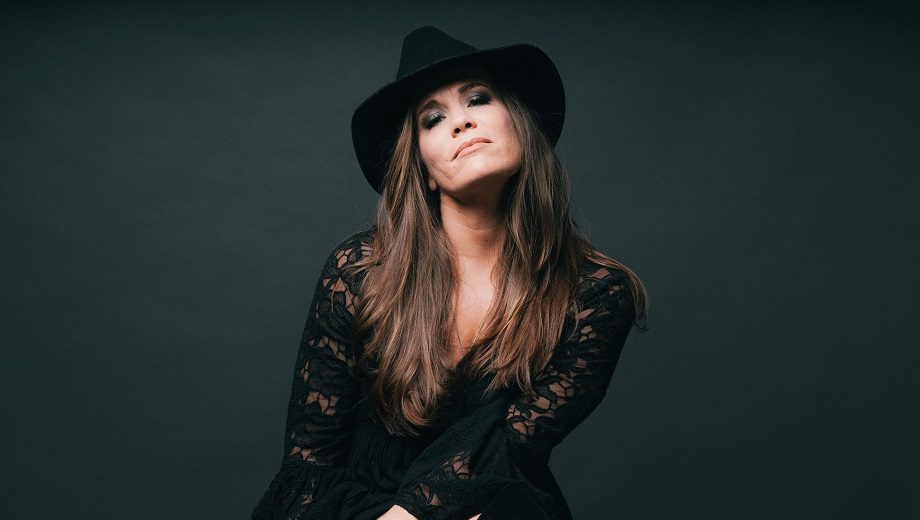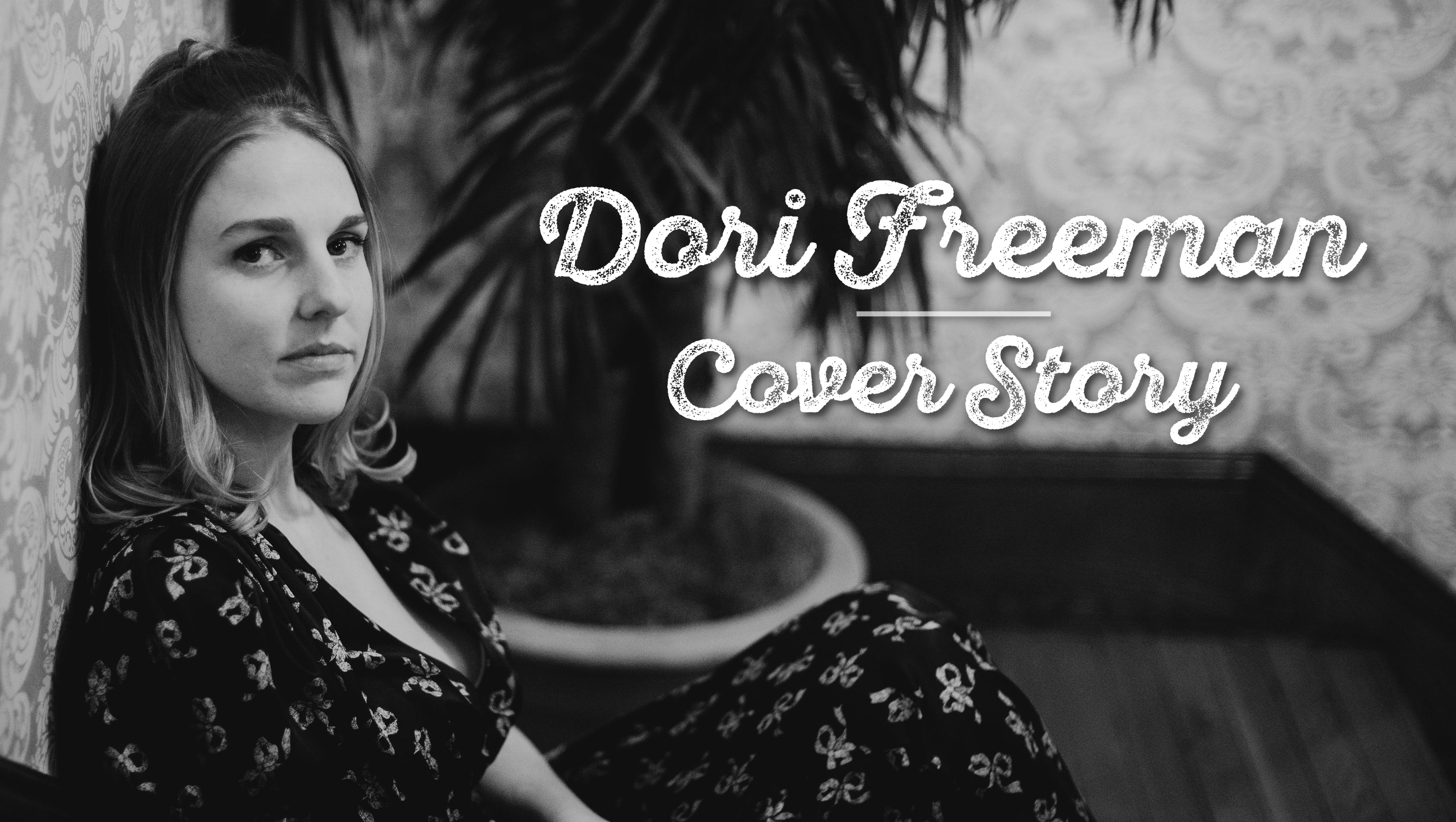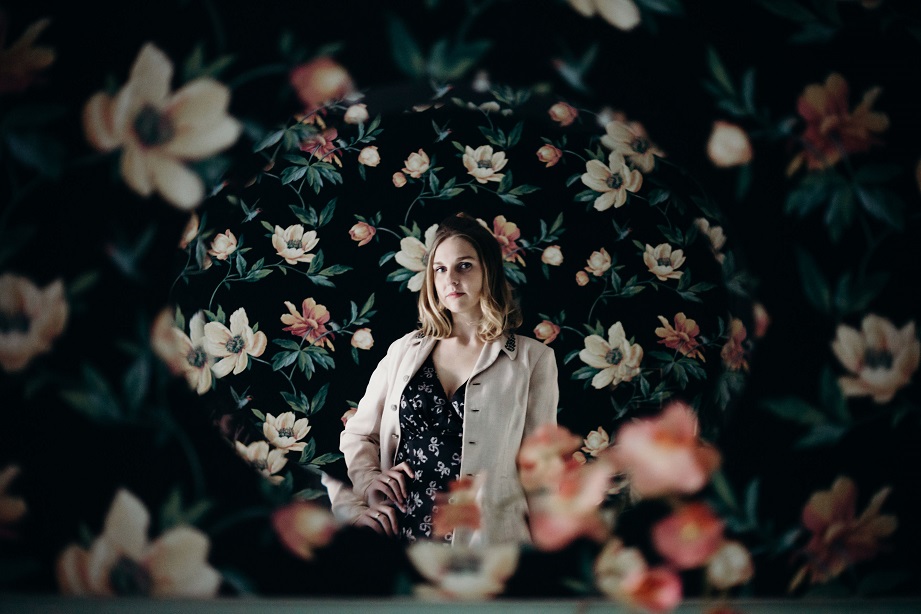This fall season has been a tough dose of reality for me. The back-to-back losses of my beloved Grandma Breaux and my dear soul sister Kylie Rae less than three weeks apart rocked me to the core. The day after Kylie’s funeral, I left home for a six-week international tour to promote my new album, The Walk, which came out in the wake of it all.
Ironically, (or perhaps, not) this record is about navigating the ups and downs of life, overcoming depression, and continuing to move forward in the midst of our human struggle. My own songs have found their way onto this playlist of tunes that are giving me comfort at a time when I need it most. – Bonnie Bishop
Bonnie Bishop – “Love Revolution”
I’ve been running to this song. Like, a lot. And I’ve never even listened to my own music, much less worked out to it. But this Steve Jordan beat is incredible and the guitar builds and builds into this frenzy towards the end that is the perfect pace for breaking a sweat. Moving the body is a great way to channel energy when one’s emotions start getting out of control, and there’s nothing like a great soundtrack to motivate you. (Note: I’m not making a habit out of running from my problems. I am, however, making a habit out of exercise, as it’s the healthiest of all my coping mechanisms.)
Bonnie Bishop – “Keep on Moving”
This is how I hear the pulse of life: like a piece of music that grooves on and on from one generation to the next. Life is not an easy walk. The world keeps going in spite of whatever happens around us and we may be dragging our feet, but the sun continues to rise. We have to keep getting out of bed and putting one foot in front of the other because that is what is required in order to LIVE. We have to Keep. On. Movin’.
Peggy Lee – “Me and My Shadow”
We knew Grandma Breaux was dying. One night, several months ago, my Mom and I asked her if there was anything she wanted me to sing at her funeral. That was when she started singing this obscure tune which I’d never heard before, while wearing an oxygen mask no less! Later, my uncle would argue that it was totally inappropriate material for a memorial service but then again, there was nothing appropriate about Grandma Breaux. When that day inevitably came, I stood by her grave and sang it acapella, just like she did that night in the hospital. Now I find myself singing it all over the world, sometimes on stage with the band and sometimes late at night, when I’m wandering alone and restless down some foreign street that I can’t pronounce.
Brandi Carlile – “I Belong to You”
In the middle of the losses this fall, my youngest cousin got married to the love of his life in my parent’s backyard. It was a beautiful celebration, despite the glaringly obvious absence of Grandma. The highlight of the wedding for me was singing this song for the bride and groom’s first dance. There was no PA, just me and my guitar serenading them as they swayed beneath the stars and the big oak tree, all of us with tears streaming down our faces. The beauty and the sorrow of this song is knowing that loving someone means one day having to let them go. All we really have are snowflake moments like these.
Susan Tedeschi – “You Got the Silver”
Susan is always on my playlist. I could pick any one of a dozen of her tunes — just the sound of her voice makes me feel better. This is a Rolling Stones cover off one of her earlier solo albums. It has a sweet, easy going melody that is a welcome reprise to the otherwise heavy sound track I’ve been listening to for the past few months.
Bonnie Bishop – “The Walk”
I had never lost anyone close to me before August. Now two people I loved very much are gone from this earth and I am still struggling to accept that which I cannot change. Life feels heavy right now, like this song, but the haunting echo of the background voices reminds me that I am not alone. Grief it is just part of being human.
Kylie Rae Harris – “Twenty Years From Now”
Kylie released the best record of her life months before she died. This song was her ode to her daughter, and I will always remember her coming over to my apartment in Nashville the day she and Jon Randall wrote it. She played it for me and I told her this song would be her legacy. Now I just want my friend to be remembered for the love that was her… that love is evident in every note she sings on this one.
Foy Vance – “Guiding Light”
I love all of Foy’s music, but this song will always have a special place in my heart. As a road warrior, I am all too familiar with that feeling of longing, of searching for that oh-so-elusive entity called “home.” Grief has exacerbated that emotion ten-fold. Back in September, I got to sing BGVs in Foy’s band at AmericanaFest and oh, what joy! Singing these harmonies at the top of my lungs with his gut-wrenching, soulful cry of a voice… those 45 minutes were like precious salve on my open wounds.
Aretha Franklin – “How I Got Over”
This piece of music has the ability to lift me out of my depression. It brings me inexplicable joy and is one of my all-time favorite recordings ever. When I hear this song, I start clapping and dancing in my living room like a Pentecostal from East Texas. Matter of fact, I think I’ll put it on right now!
Louis Armstrong – “What a Wonderful World”
This was another of my Grandma Breaux’s favorite songs, also on the playlist at her memorial service. She always had a way of glazing over the bad things that were happening in life… and I think living requires a certain amount of delusion, honestly. But the reason I have always loved this song is because it reminds me to see the good in the world around me, to meditate on “whatever is lovely, whatever is of good report.” It is a daily choice I am trying to make, one that is teaching me the power of gratitude to change my attitude.
Bonnie Bishop – “Song Don’t Fail Me Now”
If not for music, I wouldn’t be here. It has saved me over and over again, not just listening to it but creating it and singing it. This past month, performing this music onstage with my band has kept me from going out of my mind with sadness. Every night when I sing these words, I feel Kylie’s presence. She would have loved singing harmonies on those la la la’s at the end… The fact that she can’t is a nightly reminder to me to cherish these moments of music, to cherish life itself, and to continue pouring my heart into song. They have the power to heal, and I am walking proof.


